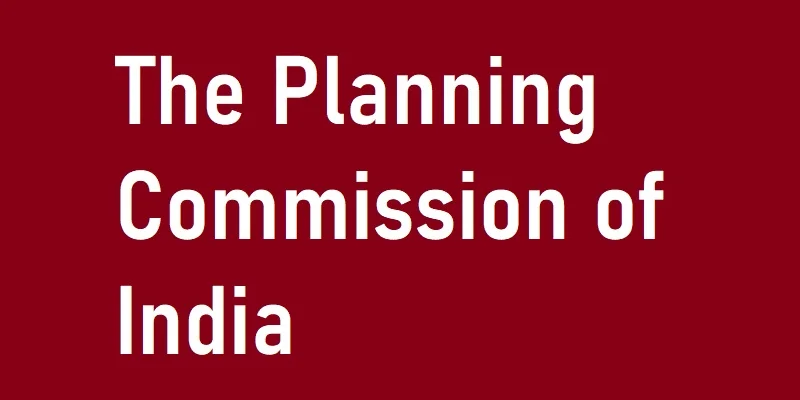This article talks about a short general knowledge note on the topic Planning Commission of India. This gk is suitable for IAS, UPSC, and other competitive examinations.
| Established | 15 March 1950 |
| Head Office | New Delhi |
| Jurisdiction | Government of India |
| First executive | Jawaharlal Nehru |
| Purpose | Formulate Five-Year Plans for India |
| Website | https://niti.gov.in/ |
# Planning Commission – Important Points
- The Planning Commission formulates plans and monitors the progress.
- It has some economic and social objectives.
- It is also responsible for the formation of policies.
- It is a fully-fledged advisory body.
- It has no permission to implement the programs or plans.
- The Prime Minister is the Chairman of the Commission.
- The Deputy Chairman supervises the day-to-day activities of the Commission.
- The Finance Minister, Minister of Planning, Defense, Food and Agriculture, etc are a few members of this Commission.
- The Cabinet Secretary serves as the ex-officio secretary of the Planning Commission.
- It was formed on 15 March 1950 under the leadership of Jawaharlal Nehru.
- The first five-year plan began in April 1951.
- It has been operating as an independent assessment body since 1952.
# Functions of the Planning Commission:
- Properly determine the amount/numbers of raw materials, capital and human resources.
- Formulation of an appropriate plan for using the country’s resources with balanced conditions.
- Determining the steps of the plan.
- Monitoring whether human resources are being used properly or not.
- Accelerate the process of capital formation.
- Determining the machinery required for successful implementation of the plan.
- Identify and eliminate barriers to the proper implementation of the plan.
- May provide necessary recommendations from time to time regarding the execution of the proper plan.
- Balancing the current social and economic condition of the country.
With the abolition of the Planning Commission on January 1, 2015, the "NITI Aayog" has been introduced in India.
